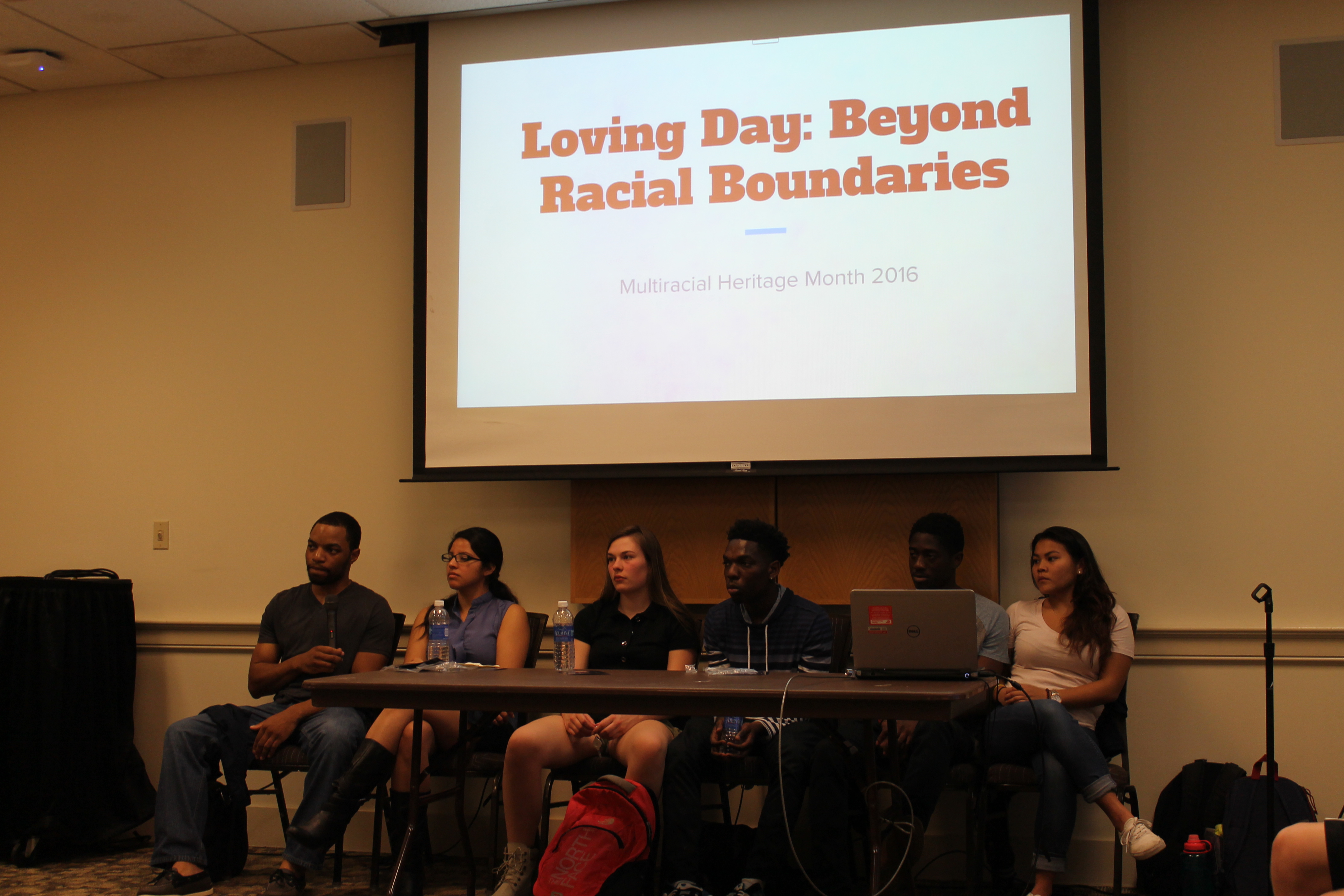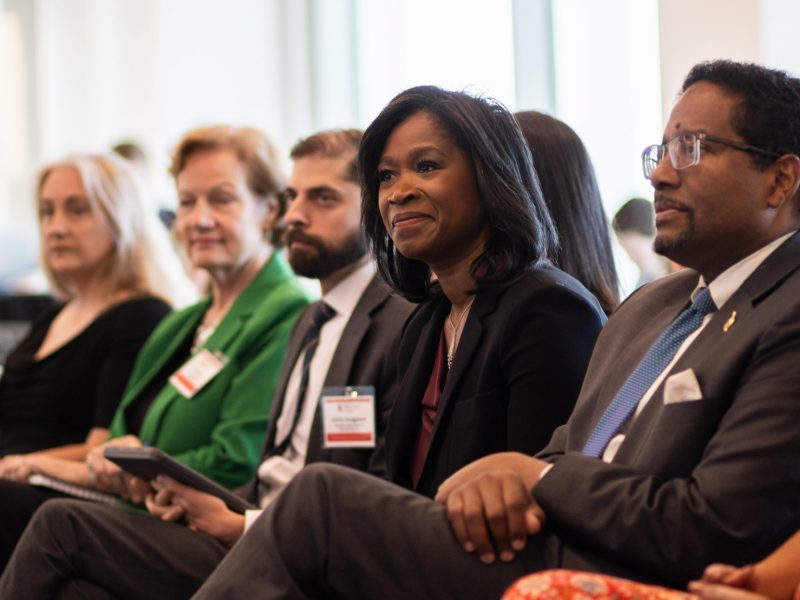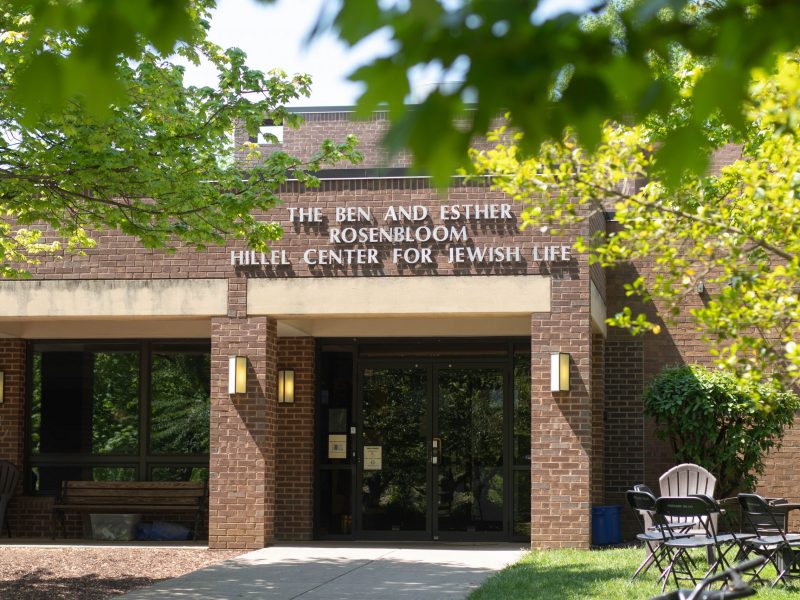By Gillian Vesely
For The Diamondback
Three couples sat in Stamp Student Union on Thursday night to discuss challenges they have faced while in interracial relationships. Some recalled struggles with family members, others mentioned inappropriate glances from passersby.
The panel discussion, called “Loving Day: Beyond Racial Boundaries,” came 49 years after the Supreme Court’s decision in Loving v. Virginia in 1967, which lifted a ban on interracial marriages. About 50 people attended the event sponsored by the Office of Multicultural Involvement & Community Advocacy.
Lexi Vipavetz, a freshman criminology and criminal justice major, said she is apprehensive about talking about her relationship with certain members of her extended family.
“My mom always told me to kind of keep it low-key around aunts and uncles and grandparents,” she said. “A lot of them are more conservative. I know we should be past those times.”
While almost half a century has passed since Loving v. Virginia, the panelists said strangers and relatives still sometimes seem to question their relationships, visibly or otherwise.
One couple on the panel, senior environmental science student Hassan Agyei and senior communication major Johanna DeGuzman, said they experience microaggressions such as blatant or prolonged stares from others.
“We do see you,” DeGuzman said. “You are staring a little too long.”
The panelists also discussed interacting with and appreciating other interracial couples to show support.
“When we’re walking through the mall and we see another interracial relationship, we, like, high-five each other and stuff like that,” Vipavetz said.
Ben Beltran, a graduate student in the student affairs program and an organizer of the event, said discussions about interracial relationships remain important long after the Loving v. Virginia decision.
“In 2016, we might still see some stigma associated with interracial dating,” he said. “It might be legalized, but there’s still a variety of challenges.”
Agyei said he didn’t think about his relationship as interracial and hoped to serve as an example.
“You’re just in a relationship,” he said. “You’ve got to be happy for any relationship.”
Freshman electrical engineering major Naeem Alam, who attended the event, said he wanted to learn more about what being in an interracial relationship was like.
“You hear on the news about all of this conflict between different ethnic groups or different racial groups,” he said. “I feel like we could just avoid a whole lot of that if people were educated, if they understood the perspectives of other people.”
DeGuzman said that while she goes to several campus events advertised as being diversity-based, Thursday’s panel had “the most diverse group” of any event she’s attended.
“We don’t really practice diversity here as much as we preach it,” she said. “You get the same people at every single diversity event. You never have the people who need to be in the room — who need to be involved in the conversation — there.”
CORRECTION: Due to a reporting error, a previous version of this article incorrectly stated that almost half a decade has passed since the Loving v. Virginia decision. This article has been updated.



